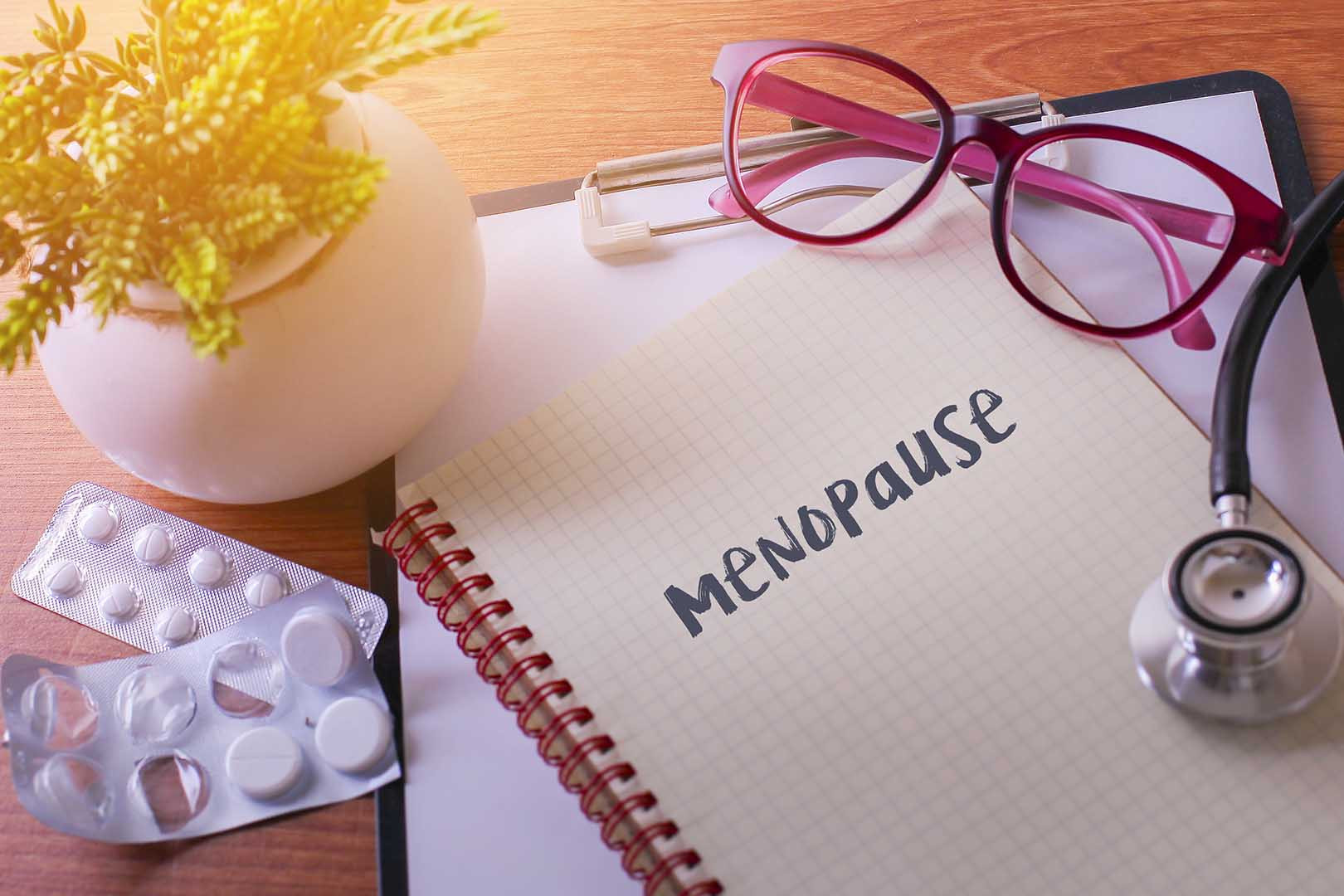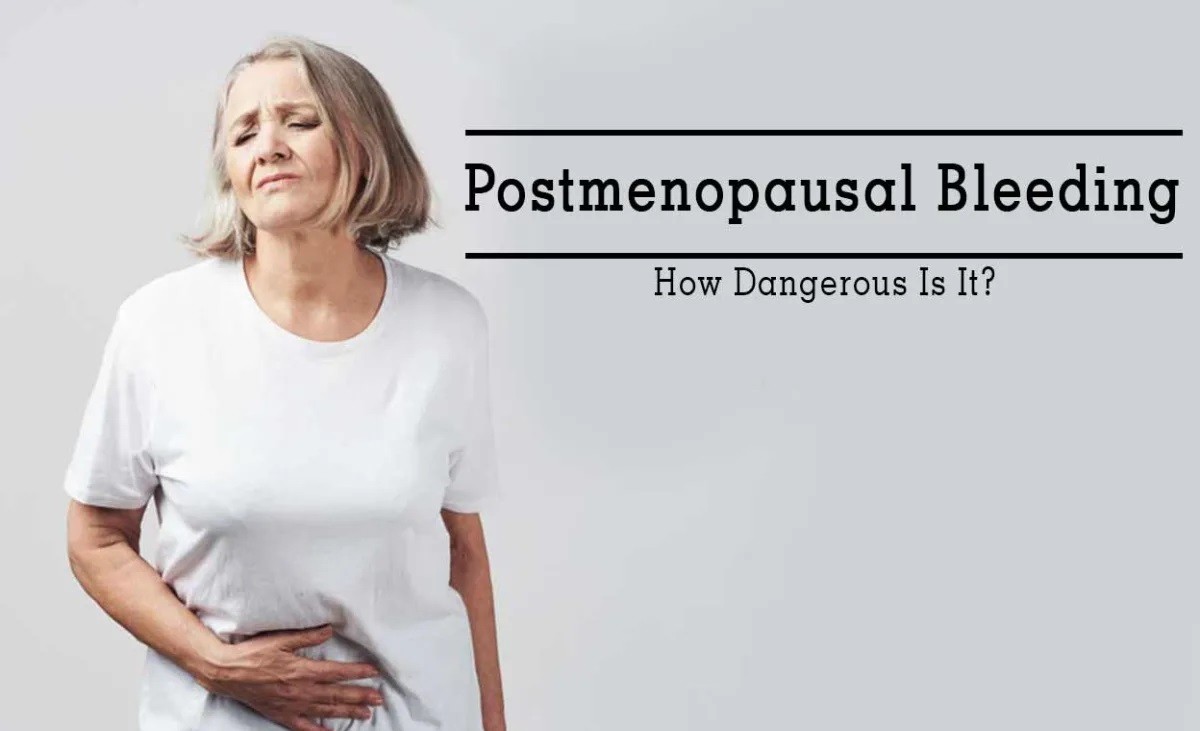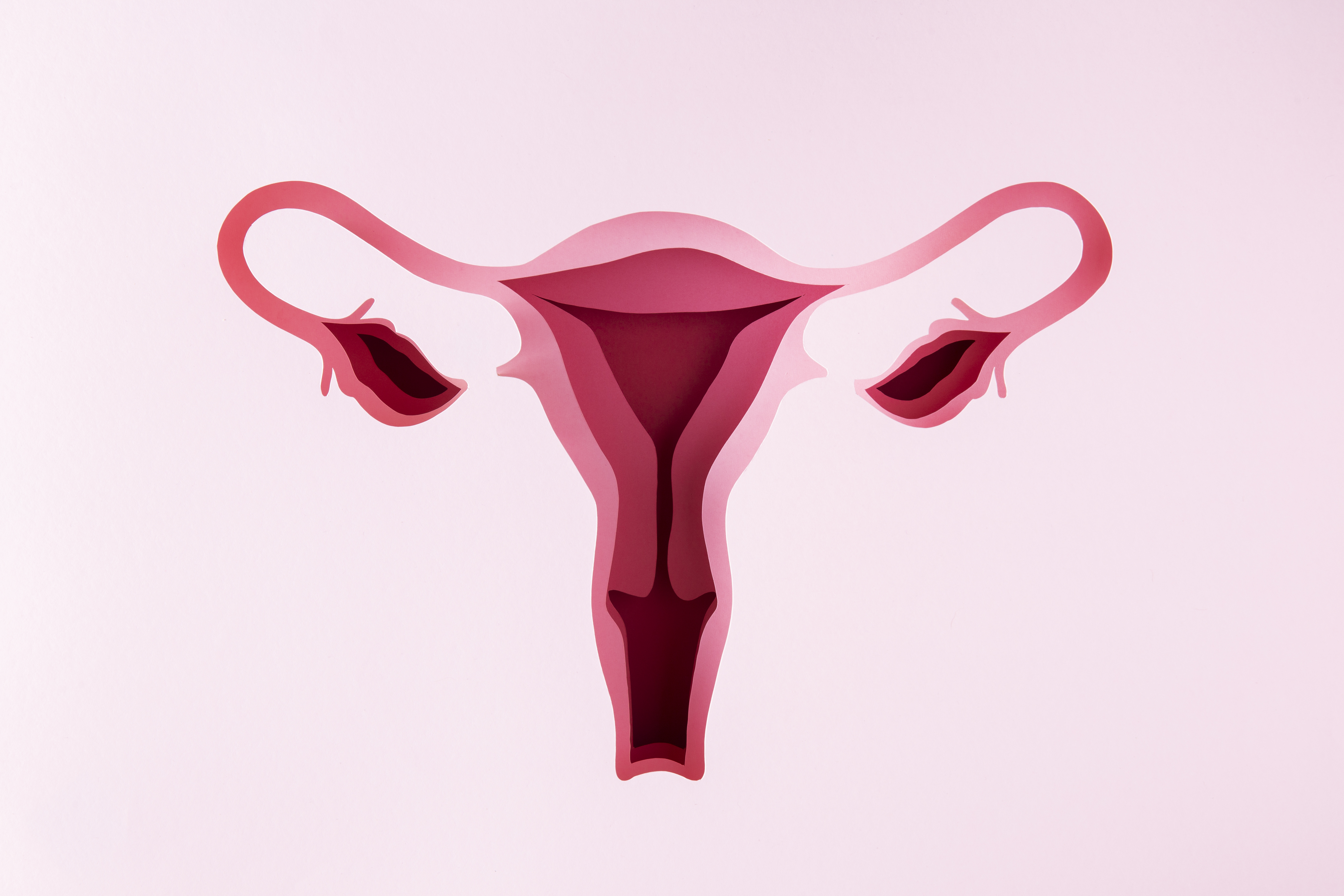Definisi
Menopause adalah proses biologis alami yang menandai masa akhir dari siklus menstruasi, di mana menstruasi sudah berhenti selama 12 bulan. Menopause akan dialami semua wanita seiring peningkatan usianya, biasanya terjadi pada rentang usia 45 sampai 55 tahun, walaupun terkadang bisa terjadi lebih cepat. Menopause menandakan adanya perubahan produksi hormon (terutama estrogen).
Banyak wanita yang akan mengalami gejala seperti hot flashes dan keluhan emosional yang bisa mengganggu tidur dan memengaruhi kesehatan emosionalnya. Ada banyak pengobatan efektif yang tersedia untuk mengatasi keluhan yang timbul dari menopause. Sementara itu, perimenopause adalah suatu masa transisi menuju menopause ketika seseorang memiliki gejala akibat perubahan hormon sebelum menstruasi berhenti sepenuhnya.
Penyebab
Menopause terjadi akibat perubahan kadar hormon seperti estrogen dan progesteron seiring dengan pertambahan usia perempuan. Indung telur secara perlahan akan memproduksi sel telur yang semakin sedikit. Lama-lama indung telur akan berhenti memproduksi sel telur sepenuhnya. Ketika menstruasi terakhr Anda adalah 12 bulan sebelumnya, Anda dianggap memasuki masa menopause.
Namun, menopause juga dapat terjadi lebih cepat yang disebabkan oleh beberapa hal seperti:
- Faktor genetik.
- Operasi pengangkatan indung telur atau rahim.
- Pengobatan kanker seperti kemoterapi atau terapi radiasi.
- Insufisiensi ovarium primer, kondisi di mana indung telur gagal memproduksi hormon reproduksi dalam kadar yang normal.
Terkadang penyebab menopause terjadi lebih cepat tidak diketahui.
Faktor Risiko
Riwayat keluarga yang mengalami menopause dini diduga memiliki peran dalam transisi menopause Anda. Usia Anda mulai mengalami keluhan terkait menopause mungkin berhubungan dengan usia menopause yang dialami ibu, nenek, atau saudara perempuan Anda.
Terdapat beberapa kebiasaan gaya hidup yang dapat memengaruhi usia mulainya menopause. Merokok berisiko mempercepat menopause sampai 2 tahun lebih awal daripada perempuan yang tidak merokok, sehingga bisa meningkatkan risiko menopause dini pada perempuan. Selain itu, konsumsi alkohol, kafein dan diet tinggi lemak juga dapat memengaruhi usia terjadinya menopause.
Gejala
Gejala menopause dapat bervariasi pada setiap perempuan. Pada transisi menuju menopause (perimenopause) banyak perempuan akan mengalami siklus haid yang tidak teratur. Selain itu, bisa timbul gejala fisik dan keluhan emosional. Semua gejala ini bisa dimulai beberapa bulan atau beberapa tahun sebelum menstruasi berhenti total. Gejala-gejala tersebut antara lain:
- Perubahan mood atau suasana hati, seperti mood swing, kecemasan atau kepercayaan diri yang rendah.
- Brain fog yang ditandai dengan kesulitan berkonsentrasi atau mudah lupa.
- Hot flashes atau sensasi hangat di area wajah, leher dan dada.
- Gangguan tidur dan keringat malam.
- Sakit kepala seperti migrain.
- Peningkatan berat badan.
- Vagina kering dan terasa nyeri, gatal, atau tidak nyaman saat berhubungan seksual.
- Jantung berdebar-debar yang terasa lebih jelas dari biasanya.
- Berkurangnya ukuran payudara.
Diagnosis
Informasi terkait tanda dan gejala menopause, usia pasien saat ini, serta tidak ditemukannya adanya penyakit lain pada pasien, biasanya cukup untuk mengonfirmasi bila pasien sedang dalam masa perimenopause atau menopause. Umumnya tidak diperlukan pemeriksaan tambahan untuk mendiagnosis menopause. Namun pada beberapa situasi, dokter mungkin akan merekomendasikan pemeriksaan darah untuk mengukur kadar Follicle-stimulating hormone (FSH) dan estrogen (estradiol), karena kadar FSH akan meningkat dan estrogen menurun saat menopause terjadi.
Tata Laksana
Pengobatan umumnya bertujuan untuk meminimalisir keluhan yang dirasakan akibat menopause, serta untuk mencegah terjadinya komplikasi akibat penurunan kadar hormon pada menopause, contohnya osteoporosis.
Terapi Hormonal
Terapi hormon bisa mengatasi gejala yang disebabkan oleh perubahan hormon. Jenis pengobatan ini bisa diberikan dalam beberapa cara serta tersedia sebagai estrogen sistemik, estrogen-progestin, progestin saja, atau obat minum kontrasepsi kombinasi. Pengobatan ini bisa membantu mengurangi keparahan dan frekuensi munculnya keluhan hot flashes, memperbaiki gangguan tidur, dan mencegah osteoporosis serta patah tulang yang bisa terjadi akibat pengeroposan tulang.
Pemberian terapi harus dalam pengawasan dokter, karena terapi hormon juga dikaitkan dengan peningkatan risiko kanker payudara dan kankaer indung telur bila terapi diberikan dalam waktu lama. Terapi hormon tidak boleh diberikan pada perempuan dengan riwayat penyakit berikut:
- Kanker payudara
- Kanker rahim (endometrium)
- Trombosis vena dalam
- Emboli paru
- Gangguan hati
- Perdarahan vagina yang belum jelas sebabnya
- Penyakit jantung koroner
Terapi Non-Hormonal
Dokter bisa memberikan obat-obatan untuk mengatasi keluhan yang timbul dari menopause. Dokter bisa memberikan obat antidepresan atau antiansietas bila Anda memiliki gejala depresi atau kecemasan. Pada wanita menopause yang mengalami osteoporosis, dokter juga bisa memberi obat-obatan serta suplemen kalsium dan vitamin D.
Komplikasi
Setelah menopause, risiko terkena kondisi medis tertentu akan meningkat. Contohnya adalah:
- Penyakit jantung dan pembuluh darah
Selama menopause, penurunan kadar estrogen bisa menyebabkan perubahan profil lemak wanita serta penyempitan pembuluh darah, sehingga wanita menopause memiliki risiko lebih besar terkena penyakit jantung dan pembuluh darah. Terdapat 2-3 kali peningkatan risiko penyakit jantung koroner pada wanita menopause bila dibandingkan dengan individu dengan usia sama yang belum menopause.
- Pengeroposan tulang (osteoporosis)
Menopause bisa menyebabkan wanita mengalami penurunan kepadatan tulang karena kadar estrogen yang berkurang. Ada lebih dari 250 ribu wanita menopause dan pascamenopause yang mengalami osteoporosis. Selama menopause, terjadi peningkatan kehilangan kepadatan tulang dari 3% menjadi 5% selama 5-7 tahun. Wanita setelah menopause yang mengalami osteoporosis terutama lebih rentan terhadap patah tulang belakang, panggul, dan pergelangan tangan.
- Inkontinensia urine
Oleh karena jaringan di vagina dan uretra (saluran kemih) mulai kehilangan elastisitasnya, bisa timbul sensasi ingin buang air kecil yang mendadak, sering dan kuat, diikuti dengan keluarnya urine tanpa disengaja. Keluarnya urine juga dapat terjadi ketika batuk, tertawa, atau mengangkat beban. Infeksi saluran kemih juga lebih sering terjadi.
- Fungsi seksual
Kekeringan vagina akibat menurunnya produksi kelembapan dan hilangnya elastisitas dapat mengakibatkan ketidaknyamanan dan sedikit perdarahan saat hubungan seksual. Selain itu, gairah seksual atau libido juga dapat berkurang.
Pencegahan
Oleh karena menopause merupakan hal alami yang terjadi pada setiap wanita sebagai proses penuaan, maka tidak ada cara untuk mencegah menopause. Namun, Anda dapat mengatasi agar gejala bisa dikendalikan dan mencegah terjadinya komplikasi. Hindari diet tinggi lemak dan perbanyak konsumsi buah dan sayuran. Pola makan yang sehat bisa memperlambat waktu terjadinya menopause. Rutinlah olahraga untuk menjaga kekuatan tulang.
Kapan Harus ke Dokter?
Anda dapat berkonsultasi ke dokter jika Anda berpikir Anda sedang mengalami gejala perimenopause atau menopause untuk mendapatkan saran mengenai terapi dan hal-hal yang dapat Anda lakukan untuk mengatasinya.
Mendapatkan penanganan dini akan membantu Anda mengurangi efek perimenopause dan menopause pada kesehatan, hubungan, dan pekerjaan Anda.
Mau tahu informasi seputar penyakit lainnya? Cek di sini, ya!
- dr Hanifa Rahma
Menopause. (2022). Retrieved 5 August 2022, from https://www.nhs.uk/conditions/menopause/.
Menopause Prevention: Diet, Exercise, and More. (2017). Retrieved 5 August 2022, from https://www.healthline.com/health/menopause/prevention#diet.
Menopause - Diagnosis and treatment - Mayo Clinic. (2020). Retrieved 6 August 2022, from https://www.mayoclinic.org/diseases-conditions/menopause/diagnosis-treatment/drc-20353401.
Causes of Menopause. (2022). Retrieved 6 August 2022, from https://www.verywellhealth.com/menopause-causes-and-risk-factors-5071224.
Peacock, K., & Ketvertis, K. (2022). Menopause. Ncbi.nlm.nih.gov. Retrieved 6 October 2022, from https://www.ncbi.nlm.nih.gov/books/NBK507826/.






/62d2449c2c10c.jpg)





